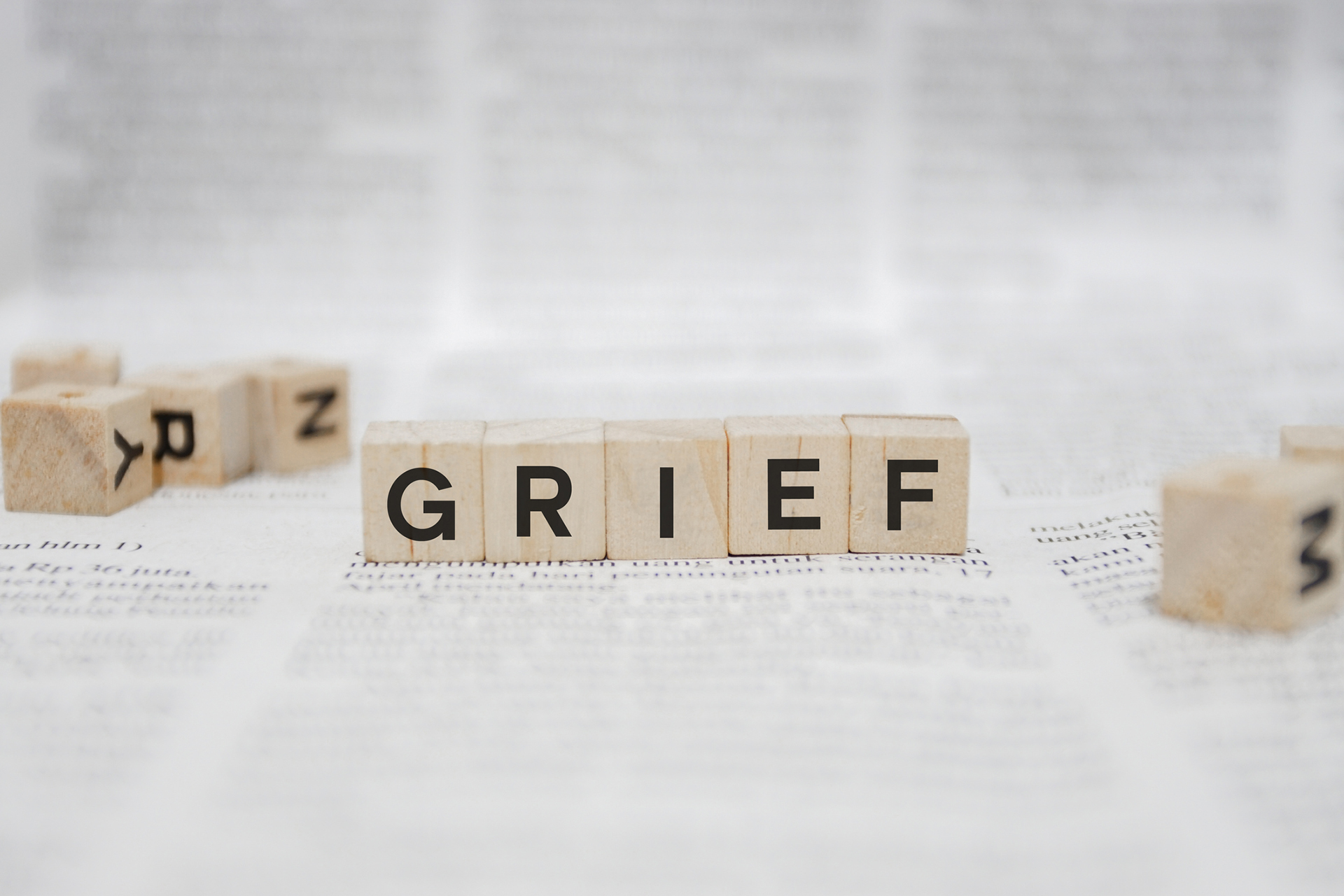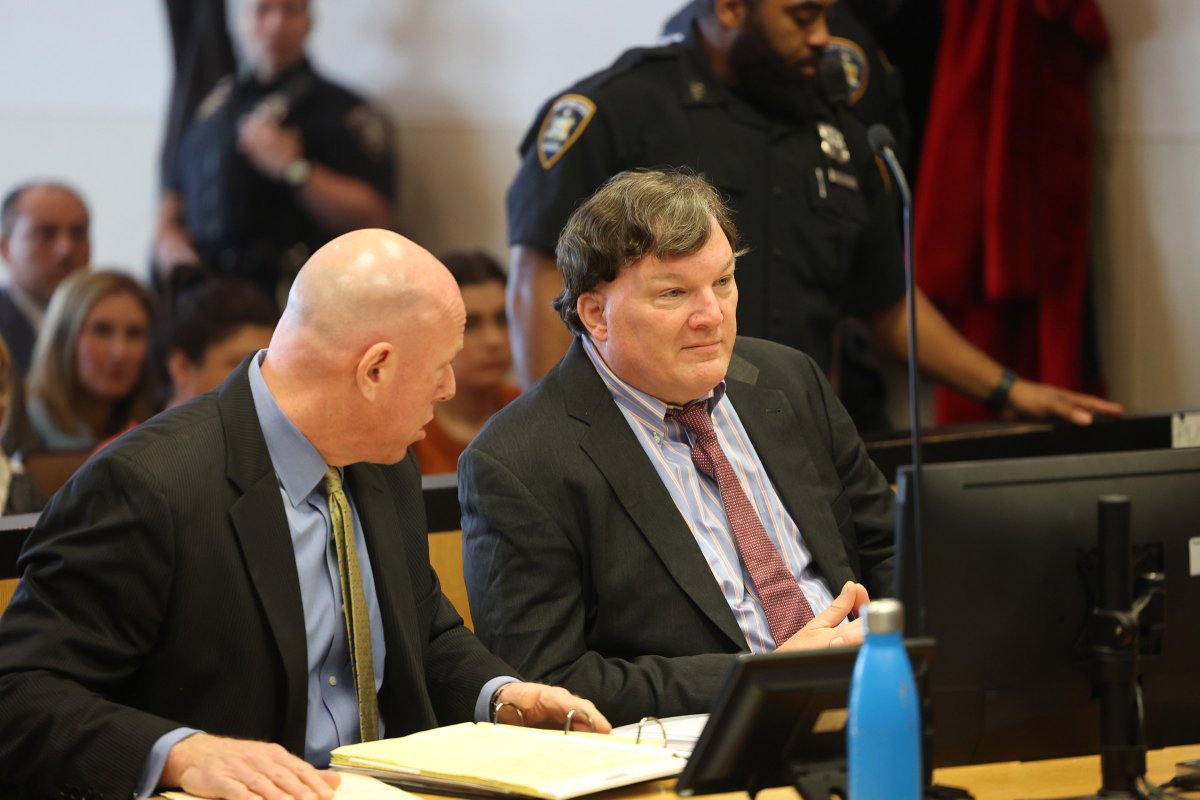Consoling During COVID-19

Mourning a life taken by COVID-19 is a sad reality the world braces itself for. In an otherwise normal time, death brings together family and friends to help ease the pain, as it’s been done for thousands of years — by sixth century BC the ancient Greeks established burial ceremonies where loved ones came to pay respects. But with the current practices of social distancing in place it plunges us into a state of global grief. The inability to gather feels unnatural. There are no shoulders to cry on, no warm embrace. It feels cruel.
Consoling someone experiencing a loss now comes with a new set of challenges. No number of virtual meetings or phone calls can ever replace physical presence. For those grieving, a lack of support system can feel like a secondary loss. So, how can we be there for someone when we can’t actually be with them?
The first step is to simply offer support, and then continuously check in.
“Try and get someone on the phone, but don’t take it personally if they say no,” said Angela Byrns, children bereavement coordinator and social work supervisor at East End Hospice. “Keep things open-ended.”
Oftentimes, an outpour of condolences come during the initial week of loss, even from those once out of touch. At that time, people oftentimes haven’t yet processed what occurred, and it can leave them feeling overwhelmed at how to respond.
“People want to help initially, but then all of a sudden, everyone falls away,” she said. “When you talk to grieving people, everyone cares in the beginning and then two weeks later, it’s like it didn’t happen.”
People aren’t the same after a loved one dies — it’s as though a piece of them is gone. He or she is forming a new identity of a life without the deceased, that happens differently for all of us.
In the immediate, if going to the store, offer to pick something up, tackle a chore, or maybe even create an inspiring playlist or video. In reaching out weeks and months later, it acknowledges and validates a person who is still grieving.
“It’s not that people don’t want to ask for help,” Byrns said. “They just don’t know what kind of help they need.”
In explaining a death to children, less is more. Answer each question rather than trying to give more detail. Then, let them process the answer and revisit it later by asking if they have any other questions. Above all, be honest.
A recommended reading for children on how they can fight COVID-19 is “My Hero Is You,” by the Inter-Agency Standing Committee, an inter-agency forum of United Nations and non-United Nations humanitarian partners founded in 1992 aimed at strengthening humanitarian assistance.
To learn more on the bereavement process, visit www.eeh.org. East End Hospice’s camp, Camp Good Grief, is taking registrations for summer camp, which it’s hoping to offer at least virtually. Register at www.eehcampgoodgrief.com.
nicole@indyeastend.com
@NikkiOnTheDaily



